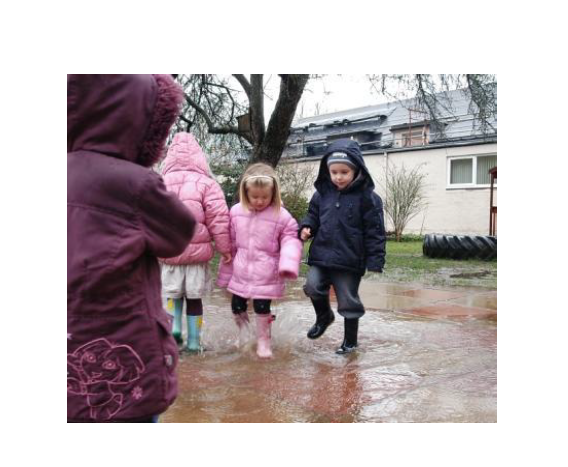The Sciences 3-18 Curriculum Area Impact Project report has much to consider around the issue of assessment. Within the report are many examples of good practice in which quality assessment is a feature, and which exemplifying the range of assessment approaches and appropriate evidence across all sectors.
Good Practice Examples 10, 11, 17, 29, 30, 31
The report summarises the national picture as follows:
“Although progress is being made towards developing a range of approaches to assessment, there is much scope for improvement in this area across all sectors. The focus in most primary schools has been on developing programmes and assessment approaches for literacy, numeracy and health and wellbeing. At this stage, most staff are not yet assessing, recording or tracking children’s progress in the sciences in a systematic way. Primary and secondary schools are not yet at the stage where they can provide sufficient evidence of learners’ achievement in the sciences in the broad general education phase. In secondary schools, assessment is still largely of a summative nature and does not reflect progress across the range of experiences and outcomes. In primary and secondary sectors, there is some way to go to ensure that assessment is truly part of learning and teaching and informs learning and next steps.”
How are you developing your understanding of approaches to assessment in your local context? How are you using professional dialogue and moderation to share understanding of what achievement of a level looks like? How are your assessment approaches designed to assess breath, challenge and application?
Education Scotland, in conjunction with SQA, has recently published Making Good Assessment Decisions 3-18 as part of the Education Scotland Sharing Standards and Expectations resource. Further support resources to exemplify these resources are in development.


